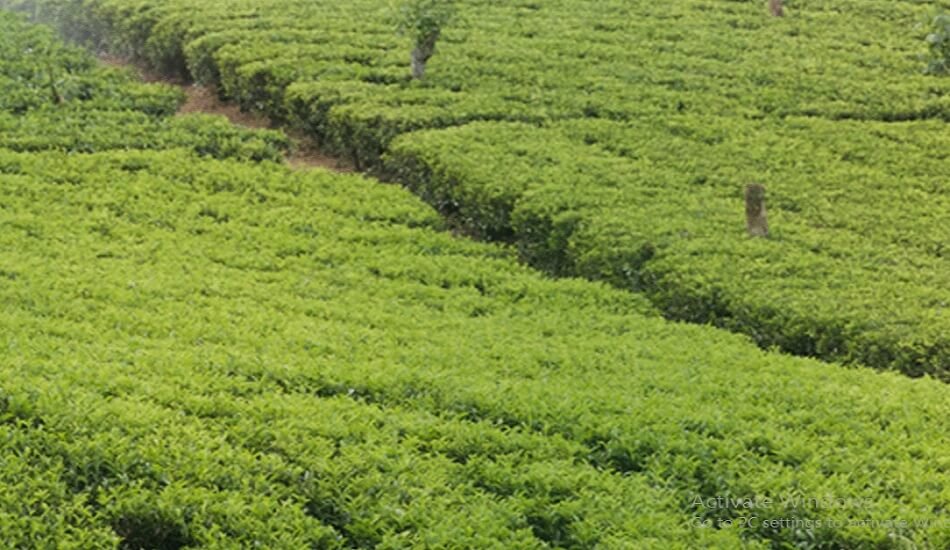Sri Lanka Tea Board is optimistic that the use of fertiliser will increase productivity.
Following the failure of its endeavour to become completely organic in the tea business, Sri Lanka is now focusing on enhancing productivity, assisted by favourable weather conditions and increased fertiliser application.
‘We are optimistic that the use of fertiliser will increase productivity in the second half of the year.’ The weather has also been favourable to growth. These, together with promotional activities, should enable Sri Lanka to maintain its position in the worldwide market,’ said Niraj De Mel, Chairman of the Sri Lanka Tea Board, in an interview with a news agency.
Also Read | Sri Lankan Army to cultivate over 1,500 acres unused land to increase food production.
He stated that, in addition to continuing replanting activities, fertiliser application will be enhanced to make up for what was missed the previous year. The lifting of the country’s fertiliser embargo a few months ago has resulted in greater consumption. Simultaneously, plantations have been able to capitalise on the favourable rains in April and May, he noted.
It’s business as usual
De Mel remarked that present improvements in Colombo were mostly confined to the city area and that plantations were miles distant. Even the port entry in Colombo is at least 10 kilometres from the city centre. Production continues despite problems, tea auctions take place, and tea exporter activities continue. It will be business as usual unless there is a rigorous island-wide curfew or forced lockdown/disruption.
De Mel commented on the impact of power outages and rising fuel prices on tea production, saying that both have had an influence. However, the industry is categorised as an essential service, which has allowed manufacturing to continue.
In response to a question about the impact of fuel shortages on export shipments, he stated that exports are primarily carried out by exporters, rather than plantations. Tea purchases from the weekly auctions, which have been ongoing without interruption, have helped to preserve exports. ‘Tea exporters have agreed to pay for fuel supplied to factory owners in US dollars. This would solve a lot of their problems,’ he stated.
‘In recent years, Sri Lanka has become the world’s third-largest tea supplier. I don’t think there will be any change in this situation,’ he said when questioned about the industry’s efforts to reclaim its place in the tea export market.
However, he stated that tea output fell by 17% in the first five months, while exports fell by 7.5% compared to the same period in 2021. From January to May 2022, production was 112.6 million kg, with exports at 110 million kg.
Also Read | Sri Lankan tea trade does not anticipate any immediate threats to its operations.
Rising inflation is a cause for concern, but plantation companies are working hard to guarantee that tea workers in vast gardens are not harmed by inflationary pressures. Similarly, private tea factory owners take after tea smallholders. These efforts, he claims, have helped to sustain this sector of the value chain.


















Add Comment